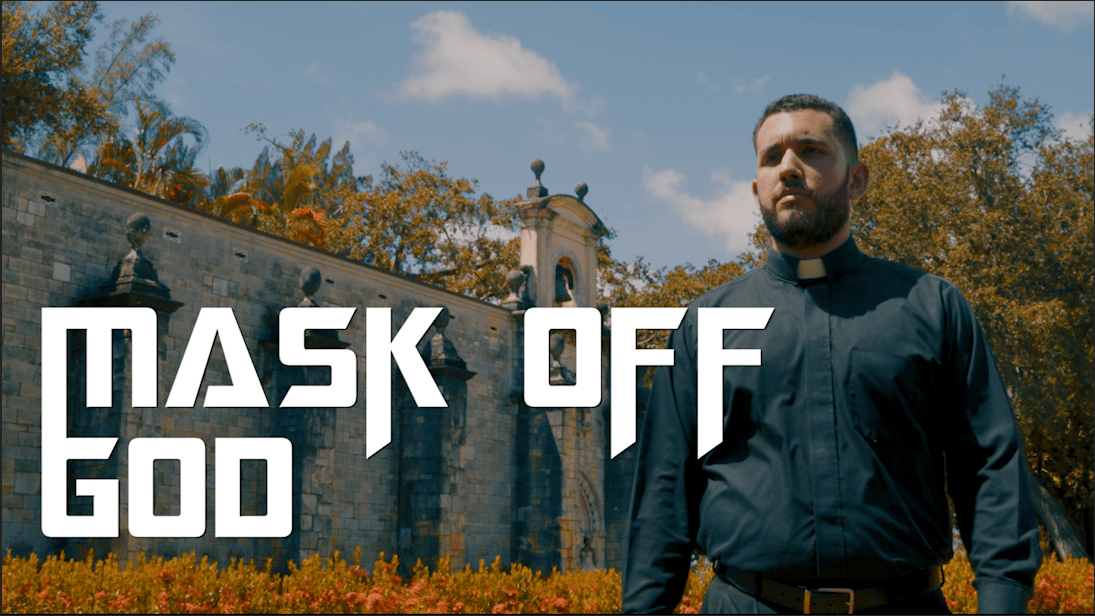It was the summer of 2017 and once I heard it I could not get it out of my head. The flute1 was infectious, seductive and captivating.
Anytime I turned on the radio, there it was. When it came on at a party, I couldn’t help but dance. When I hung out with friends, the lyrics rolled from the tip of our tongues as soon as that instrumental played through the speakers.
It was the hottest song of summer 2017. It was Atlanta rapper Future’s “Mask Off.”2 And the more I listened to it, the more I unmasked something totally unexpected.

It was catchy. It was familiar. It was everywhere. It was… disconcerting.
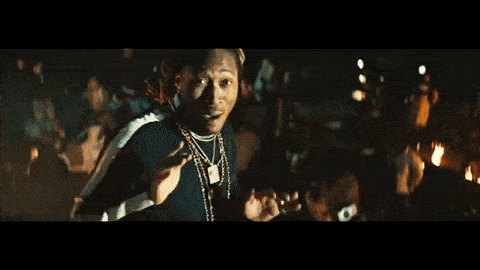
In Miami, I remember hearing my little cousins sing the words to Future’s chorus, which are:
Percocets
Molly, Percocets…3
Gotta rep the set
Chase a check
Never chase a b****
Mask on
F*** it, mask off
“Hold on!” I said to them. “You can’t be singing words like that at your age!”
They smirked innocently: “But we just like the beat so much!” They also couldn’t stop dancing.
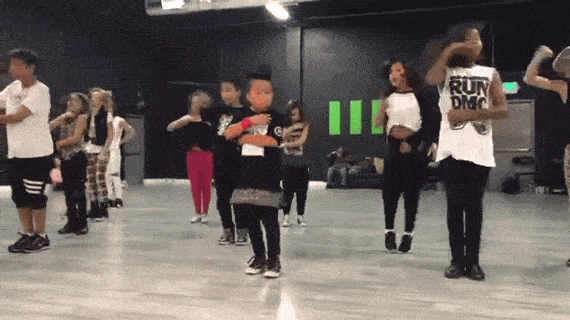
It was as if the words had been seared into their brains and the instrumental was the branding iron.
Alarm bells started ringing inside of me. Now, I’m a “Hip Hop Head”4 — there are few things I love more in this world than Nas’ voice on “The World Is Yours.”5

I grew up listening to Hip-Hop.
But questions flooded my mind: What was the impact these explicit songs were having on my cousins? Do they really understand the words they’re saying or the beat they’re dancing to?
And it wasn’t just my little cousins that needed to face those questions: it was me, too. Did I really understand it? I also loved the beat but after watching my cousin’s reactions I realized something: as much as I liked the song, Future’s lyrics left me wanting more.
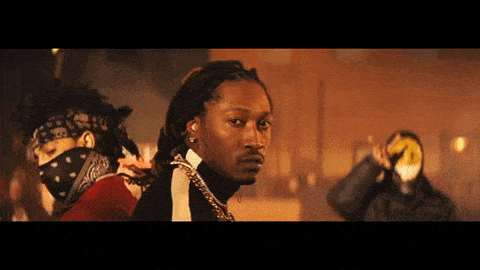
What did “mask off” really mean, anyway? Was that phrase anything more than an excuse to talk about which drugs he’d been doing?
Despite my concerns, those words played in my head for weeks. They left me restless. It was a feeling of wanting to see, experience or know something more than what was being presented to me. In my experience, this is often the internal sign that God is operative and I need to pay closer attention. The sensation was uncomfortable, yet familiar. It was the way God often got my attention.
God’s language is the language of desires. I desired more. I desired God.
I began to unmask Future’s “Mask Off.
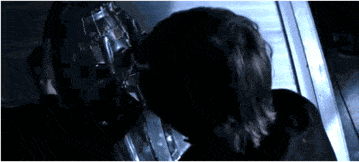
Like all unmasking, I started by taking Future more seriously, not less. So, I broke down Future’s lyrics, read and reread them for what was going on inside. And then I took a look at the sample he used, the one he had hooked me with.
After months of having the song stuck in my head, I was blown away by the existential paradox I found inside.
What I discovered is that “Mask Off” sampled Tommy Butler’s 1978 “Prison Song” , which he wrote for musical Selma.6
The original song was actually a tribute to the legacy of Dr. Martin Luther King, Jr.7

[If you want, take a quick listen to the first 30 seconds of the original “Prison Song” — the influence on the “Mask Off” instrumental is immediately clear. This is the art of Hip-Hop — remixing the old to create something new.]
Since its origins, Hip-Hop has been known for using elements or “samples” of older records and incorporating them into its music, This was particularly common in the Bronx, New York, during the birth of Hip-Hop in the late 70’s, when access to instruments and music education was being defunded. Thanks to Grandmaster Flash and other DJs, turntables8 became the instruments9 of the poor.
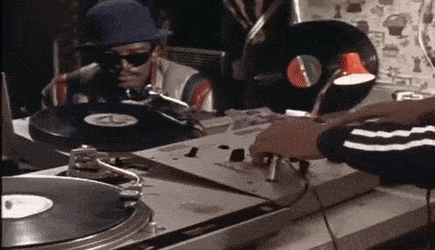
Knowing where the beat came from made a huge difference the next time I listened to “Mask Off”. This time I heard more than just an addictive hook, I heard an homage to the past — to a legacy of liberation tied to all the resistance movements that continue Dr. King’s legacy in the present-day.
But the echo went deeper than the beats. In “Mask Off”, Future uses some of the original words of the 1978 Selma chorus in the background:10
“Oh my Lord, praise him be
Set your, people free
Be merciful to our abusers
They don’t know what they do”

Wait… Selma’s “inspiring” lyrics appear in Future’s vulgar Molly, Percocets song?!? The deeper I dug, it seemed, the deeper the song got. Maybe I had misjudged Future, because these are the cries of freedom and forgiveness.
Future even samples the words of our own Lord Jesus Christ from the cross — words that echo the pleas of so many suffering peoples today.
Still, there was that restlessness in me. Even with everything I had unmasked I was skeptical. After all, how could Future mix such sacred words with his own profanities? Was the song merely irreverent or was it possibly prophetic?
And while I still don’t want my little cousins singing “Mask Off,” I recognized that my desire for “wanting more” from this song — in the holy sense — was a sign that God was the main one at work; not Future, not me. God began to unmask elements in my own life. So I decided to do something crazy. I sat with the song a “little more” — but this time in prayer.
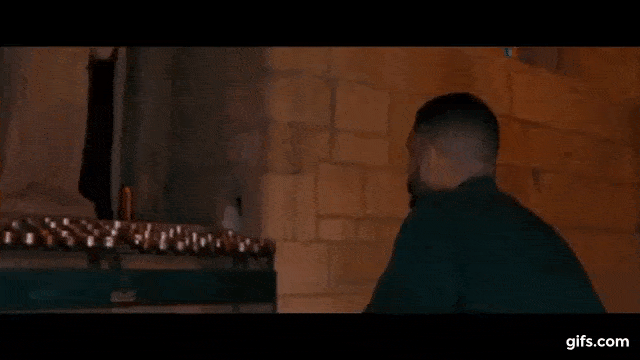
One morning, I remember asking for the grace to “take off my own Mask” before God.
Mask Off // Mask Off… God
Like Future, I can sometimes hide behind my own fears, insecurities, doubts, biases, egoisms, which deny my authentic self from being known. In this way, I trick myself into thinking that I do not have to give myself fully to God or to others. I can get away with giving myself partially.
Future’s “dirty” song taught me about the difficult but necessary journey of going from “mask on” to “mask off” — revealing one’s greatest strengths and greatest weaknesses along the way.
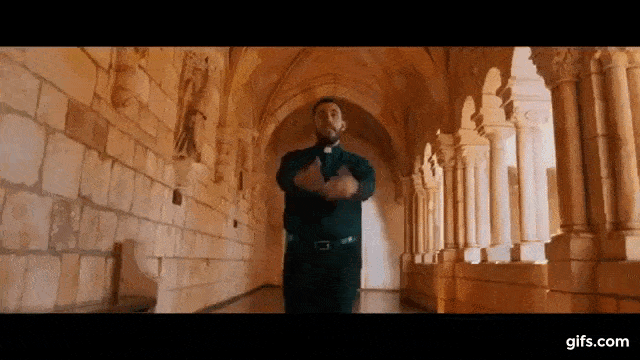
While unfamiliar at first, I became more comfortable sitting in the space between having my “mask on” and “mask off” before God.11 I recognized I could no longer hide from a God who knew me better than I knew myself. God knew me before I was even formed in the womb.12 This was not a breach of privacy, this was my innate liberation.
The answer to my prayer was a newfound call to action. I felt called to use the familiarity of the “Mask Off” instrumental to address what is often an uncomfortable concept in my own life — the authenticity of my relationship with God.
So I did something even crazier. I heard and responded to God’s invitation to even greater freedom. I rewrote and remixed Future’s “Mask Off”.

My song “Mask Off God” is an attempt to continue the salvific mission of Christ, begun through the Incarnation, to reclaim the profane for the sacred.
***
Special thanks to my friend Alexander Jaramillo, Belen Jesuit ‘09, for helping me put this project together for the greater glory of God (www.steadijara.com).
- Check out the “Mask Off”’s tempting flute here. ↩
- “Mask Off” peaked at number five on the US Billboard Hot 100 for the week of May 6, 2017, becoming Future’s highest-charting overall single on the chart. ↩
- “Percocets” are a particular brand of addictive painkillers and “Molly,” also known as ecstasy, is pure ‘MDMA’ — a psychoactive drug easily abused. ↩
- Urban Dictionary’s definition of “Hip-Hop Head” ↩
- Give Nas’s “The World is Yours” (1994) a listen. ↩
- Listen to “Mask Off” (2017) and the sampled “Prison Song” (1978) side by side here. ↩
- Read The Jesuit Post’s article: “Dr. King’s Unfinished Struggle.” ↩
- Today, turntables are considered vintage or ‘Old School’, modern day MIDI keyboards play that role for producers. ↩
- One person recreated the instrumental to Future’s “Mask Off” on their “beat machine.” ↩
- This sample begins at 0:30 seconds into the song. ↩
- John 3:20-21 – “For everyone who does wicked things hates the light and does not come toward the light, so that his works might not be exposed. But whoever lives the truth comes to the light, so that his works may be clearly seen as done in God.” ↩
- Jeremiah 3:5 – “Before I formed you in the womb I knew you, before you were born I dedicated you, a prophet to the nations I appointed you.” ↩

